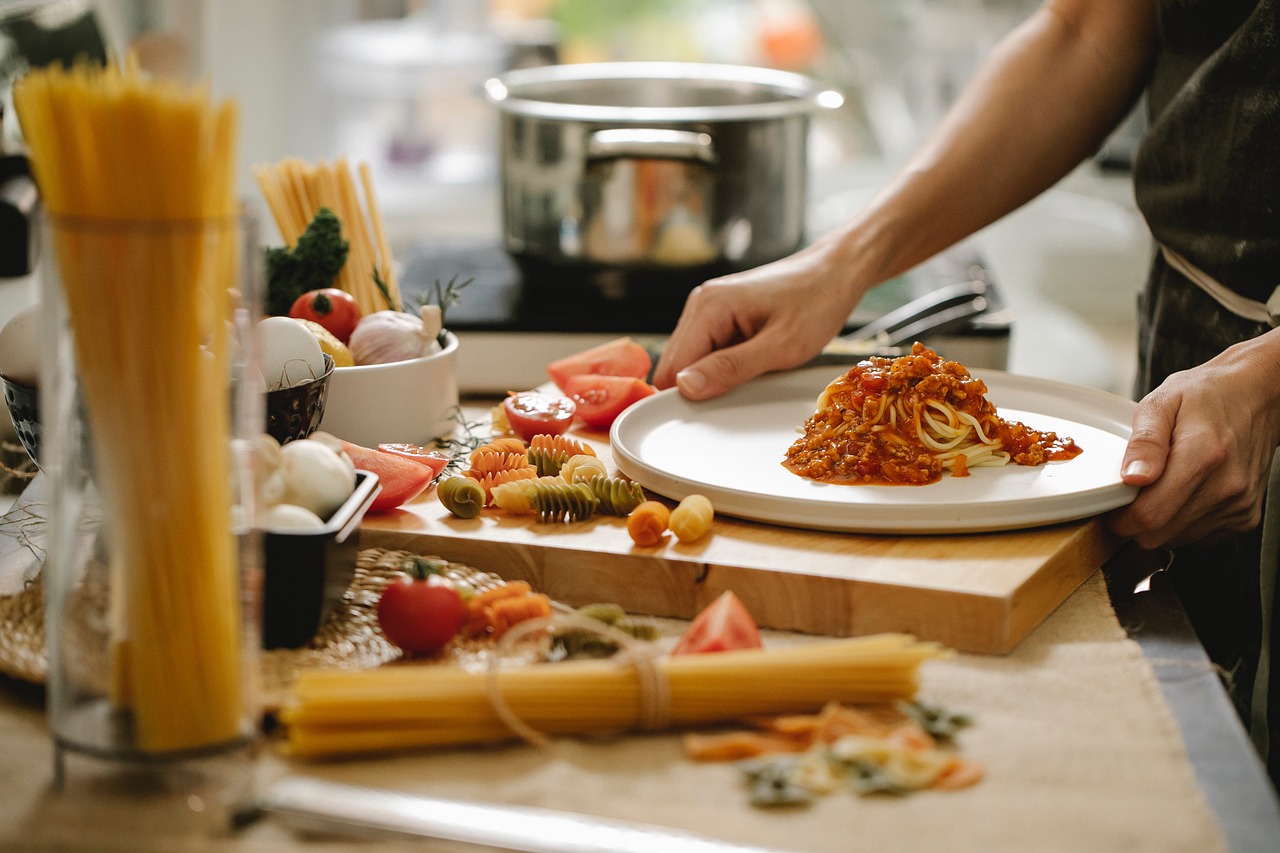Food Preparation for Music Festival Vendors.

Food and beverage vendors are an essential part of every music festival providing an essential service to festival-goers for the duration of an event. Vendors are carefully selected by organisers for the variety of cuisine available allowing for different budgets. What are the key considerations for festival food vendors when planning their food preparation strategies.
The safety of festival-goers is a high priority for organisers and having vendors who can deliver budget friendly quality food that does not lead to foodborne illness is essential. Storing, preparing and cooking conditions on a festival site can be challenging for vendors where limited space and facilities are common. Food vendors are subject to numerous legal requirements relating to food safety as well as being under pressure to meet sustainability objectives and still deliver great food at reasonable prices. What are the key considerations for vendors when preparing food for consumption on a festival site.
Health and safety and Legal Compliance.
Food vendors must be in possession of numerous permits and certifications that allow them to prepare and sell food to the public. Festival organisers will need to see evidence of regulatory compliance from every vendor as part of any agreement or contract. This can include food business registration and temporary event licences plus compliance with local food hygiene regulations (UK: Food Standards Agency; EU: HACCP compliance; US: FDA/state health codes). In addition, evidence of staff trained in Level 2 or 3 Food Hygiene (UK) or ServSafe (US) are required along with HACCP (Hazard Analysis and Critical Control Points) plans in place for preparation and handling.
Sanitation and Hygiene.
Prevailing regulations will also dictate the levels of sanitation and hygiene required for all food vendors which includes various aspects like dedicated handwashing stations with soap and a continuous flow of hot water. Mobile kitchens also need to make available single use paper towels plus the installation of catch basins for wastewater disposal. Vendor staff must use disposable gloves, hairnets or hats when handling any ready to eat food. The kitchen must have overhead protection to prevent contamination from debris, rain and dust plus a cleanable floor that is at least 6 inches off the ground.
Pre-prepared vs Cooked to Order.
Given the potential volumes of food that a vendor may sell during an event cooking to order can lead to delays and having pre-prepared meals that can be re-heated is a popular option. Cooking food to order with raw and cold ingredients is generally considered a safer and healthier option for festival-goers. Less desirable is food that has been fully cooked hours in advance (often off-site), cooled, transported cold, and then rapidly reheated on-site. There are additional rules for food vendors relating to re-heating food which must reach an internal temperature of 165°F for 15 seconds within a two-hour period before being placed in a hot holding unit. Critically any discarded leftovers cannot be cooled and re-served. Most vendors try to find a balance between cooking to order, and reheating based on overall speed and efficiency that remains withing food safety regulations. Batch cooking and on-site finishing (often called Mise en Place or Batch Finishing) is now a common practice especially for high volume sales on busy festival sites.
Allergy Signage and Checks.
Food vendors on festival sites in most jurisdictions are required by law to provide allergen notification and labelling. This references the 14 common allergens (UK/EU) or the FDA’s “Big 9” allergens (US) and relates to menu signage along with staff training on allergen questions to ask customers.
Sustainability and Waste Disposal.
Every music festival has sustainability objectives, and this often forms part of agreements with food vendors relating to waste disposal and other initiatives. Use of eco-friendly packaging and compostable plates, containers, cutlery and cups are now commonplace. Many mobile vendors have introduced use of induction hobs for cooking and are increasingly fitted with solar panels to increase energy efficiency. Waste management is a key consideration for vendors who must coordinate with organisers for the disposal of grey water (wastewater from handwashing and utensil washing). Any used cooking oil or grease needs to be appropriately collected in secure leak proof containers for offsite disposal or recycling. Leftovers and unserved hot food must be disposed and labelled as hazardous if necessary.
For festival organisers planning their next event using a software management platform like Festival Pro gives them all the functionality they need manage every aspect of their event logistics. The guys who are responsible for this software have been in the front line of event management for many years and the features are built from that experience and are performance artists themselves. The Festival Pro platform is easy to use and has comprehensive features with specific modules for managing artists, contractors, venues/stages, vendors, volunteers, sponsors, guestlists, ticketing, site planning, cashless payments and contactless ordering.
Image by ayindeabdulmajeed44 via Pixabay
<< Back to articles
Contact us
Get in touch to discuss your requirements.
US: +1 424 485 0220 (USA)
UK: +44 207 060 2666 (United Kingdom)
AU: +61 (2) 8357 0793 (Australia)
NZ: +64 (0)9887 8005 (New Zealand)